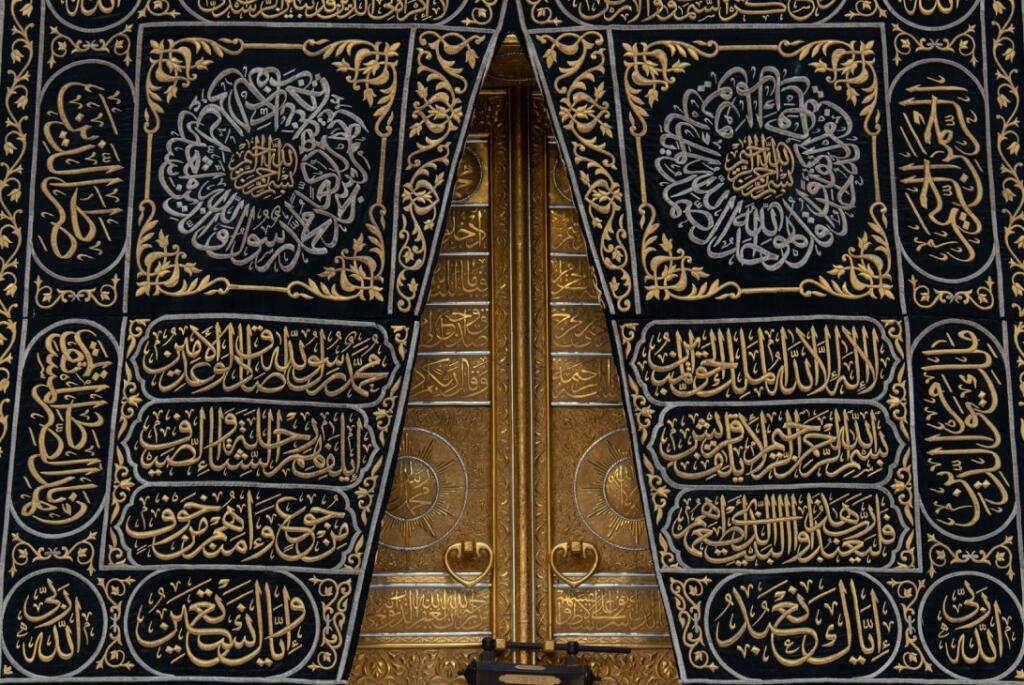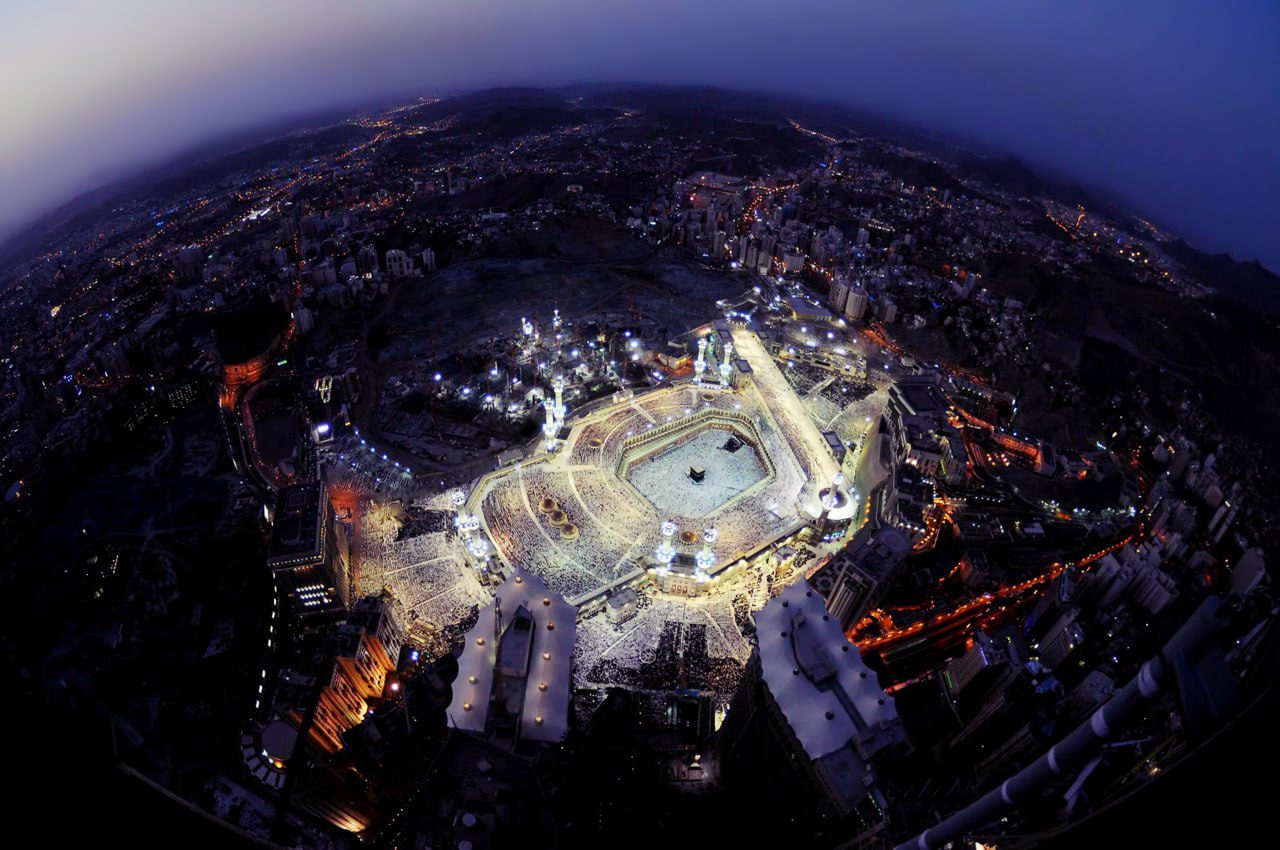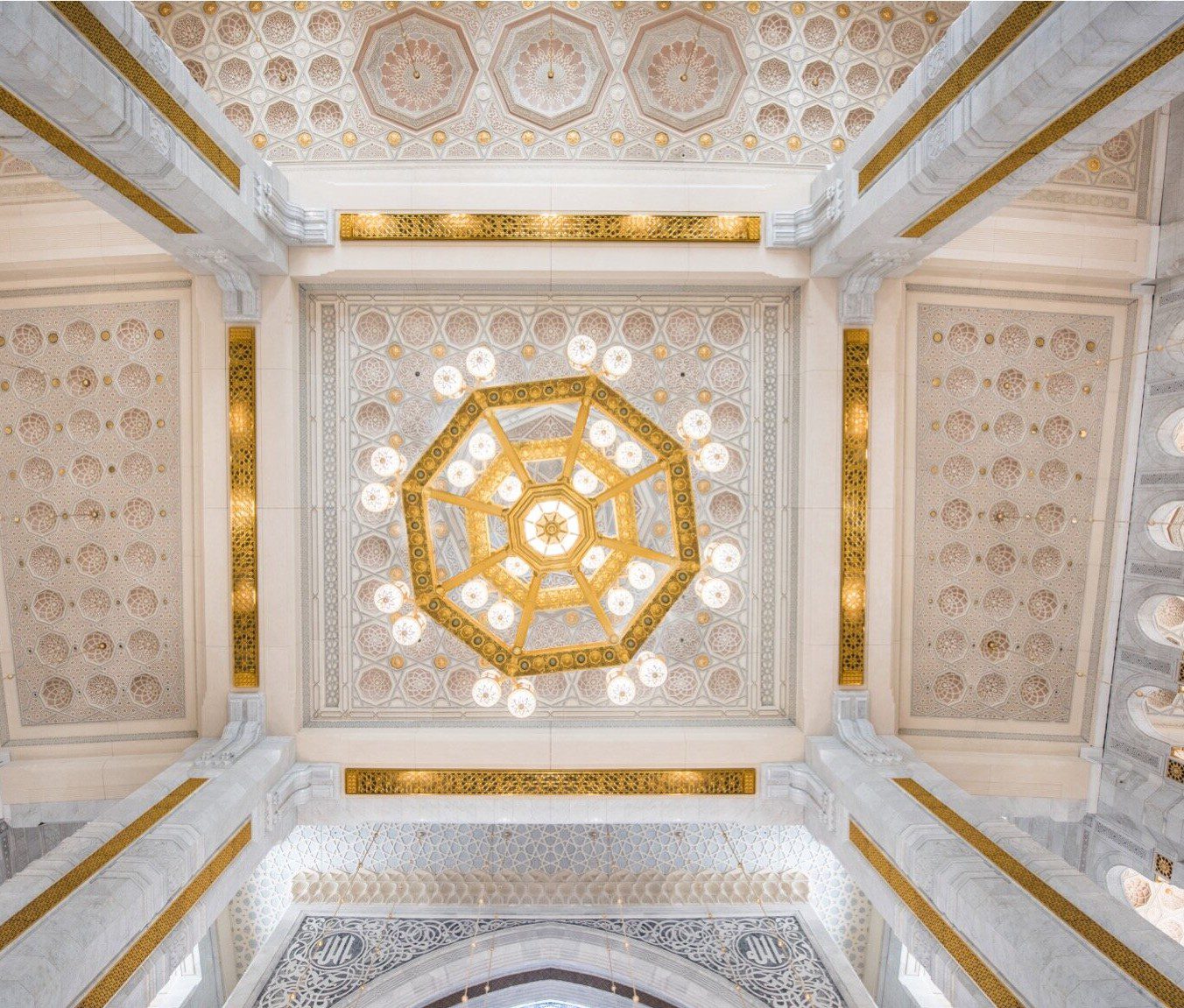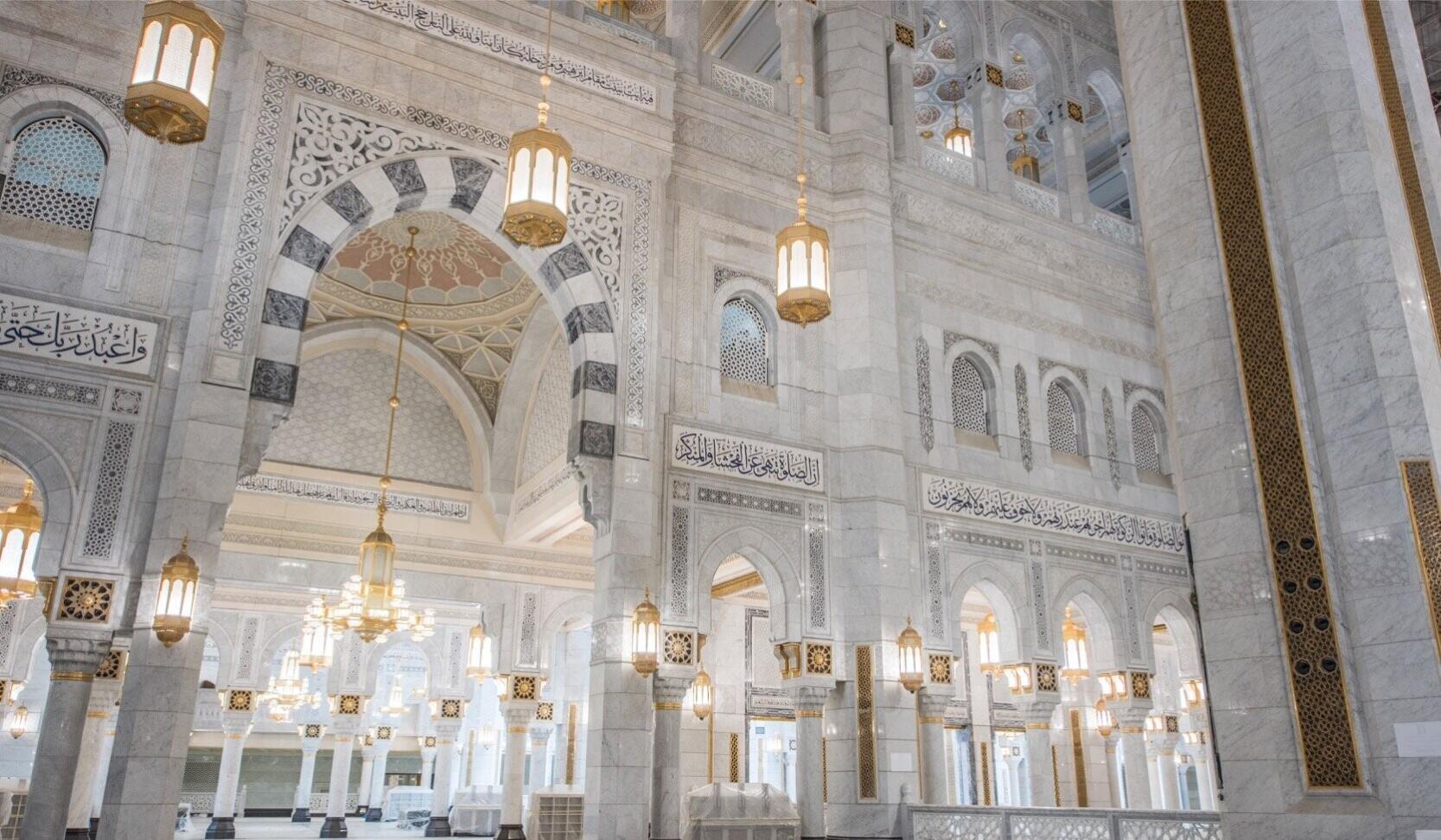To truly benefit from your journey, it’s important to understand the deeper goals of ḥajj. This series of articles focuses on those core objectives. While the previous articles explored the wisdoms behind each step of the journey, these help you see the bigger picture, linking each act of ḥajj to the goals of ḥajj. By understanding these connections, your ḥajj will not just be a physical journey, but a deeply transformative one, bi’idhnillah.
Allah ﷻ created the heavens, the earth and everything in between them for one and only reason: that He Alone is worshipped, loved and obeyed. This is the essence of tawḥīd: affirming the Oneness of Allah. A core element of tawḥīd is ikhlāṣ (sincerity): to do everything solely for the sake of Allah.
Tawhid in Hajj
“And (remember) when We designated for Ibrāhīm the site of the House, (saying,) “Do not associate anything with Me as My partner, and purify My House for those who do ṭawāf, stand (in ṣalāh), and bow and prostrate themselves” (22:26).
The primary objective of building the Kaʿbah was to establish the sincere worship of Allah Alone, without any partners. Reflecting on the rituals and supplications of ḥajj highlights that the entire journey revolves around the tawḥīd of Allah, from the first act to the last.
You start with the talbiyah: the motto of ḥajj. Jābir (raḍiy Allāhu ʿanhu) said, “The Prophet ﷺ entered the iḥrām with tawḥīd i.e. the talbiyah” (Muslim). He referred to the talbiyah as ‘tawḥīd’ due to it being the essence of ḥajj.
Through the talbiyah, you emphasise the absolute Oneness of Allah and disassociate yourself from shirk. You acknowledge that all dominion and blessings are from Him Alone, and you declare your commitment to Him Alone. This is a statement you will repeat throughout your ḥajj, so that it becomes deep-rooted in your heart.
Ḥajj should lead you to reflect upon the aspects of your life where you may have deviated from tawḥīd. For those who once called upon others besides Allah, made vows to others, or sought benefit and protection from anyone other than Allah, ḥajj teaches them to disassociate from all such practices and to dedicate all acts of worship to Allah Alone, thereby returning them to the purity of tawḥīd.
Expressions of tawḥīd during ḥajj
- Intention (2:196)
- Talbiyah
- Ṭawāf
- The Kaʿbah as a symbol of tawḥīd (22:26)
- Takbīr at the beginning of every round of ṭawāf
- 2 rakʿahs after ṭawāf: Sūrah al-Kāfirūn and Sūrah al-Ikhlāṣ
- Saʿy (2:158)
- Duʿā’ at Mount Ṣafā & Marwah (See Hajj/Umrah Dhikr & Du’a page)
- Dhikr of ʿArafah (See Hajj/Umrah Dhikr & Du’a page)
- Sacrificing animals (22:34)
- Saying takbīr as you stone the Jamarāt
Ikhlas
When the Prophet ﷺ set out to perform ḥajj, he said, “O Allah, a ḥajj in which there is no showing off nor reputation sought” (Ibn Mājah).
This highlights one of the greatest goals of ḥajj: pure tawḥīd and sincere devotion to Allah. The very first pillar of ḥajj is ikhlāṣ: to purify your intention and to do everything solely for the sake of Allah. It is through sincerity that your efforts are accepted.
The Messenger of Allah ﷺ said, “Actions are according to intentions” (Bukhārī). During ḥajj, before you do anything, rectify your intentions and only intend the pleasure of Allah. The stronger and purer your intention is, the greater the reward will be.
It is very easy to start a deed with sincere intentions, but then find halfway through the deed that you are not doing it only for the sake of Allah. Sufyān al-Thawrī (raḥimahullāh) said, “I have never dealt with anything more difficult than my intention; it keeps changing on me.” Thus, constantly renew your intentions. Be conscious of your intentions before doing a good deed, during it, and after it.
The Golden Secret: Turn Every Deed into Worship
An intention can transform ordinary permissible actions, like eating or sleeping, into acts of worship. Our beloved Prophet ﷺ said, “Indeed you do not spend anything seeking the pleasure of Allah, except that you will be rewarded for it, including what you place in your wife’s mouth” (Bukhārī).
Use ḥajj to train yourself in maximising your intention. Be mindful of each action and always ask yourself: Why am I doing this?
“Indeed I hope for reward for my sleep just as I hope for reward for standing in prayer.” – Muʿādh b. Jabal (raḍiy Allāhu ʿanhu)
Reflect: What intentions can you have for the ‘ordinary’ permissible actions to turn them into acts of worship? E.g. sleeping and eating to gain energy for worship.
Once you master this golden secret, even the smallest, most ordinary actions can effortlessly bring you incredible rewards.
Living for Allah
Allah ﷻ instructed the Messenger of Allah ﷺ to: “Say, ‘My prayers and sacrifice, my life and death, are all for Allah, Lord of all the Worlds. He has no partner. This is what I am commanded, and I shall be the first of those who submit to Him’” (6:162-3).
Internalising tawḥīd and ikhlāṣ results in dedicating your life completely to Allah. Living for the sake of Allah requires you to align every intention and action solely with seeking Allah’s pleasure. Your goal in every movement, moment of stillness, interaction, silence, and speech is to please your Lord.
It is, however, a demanding path: full of hardship, struggle, and immense striving. Those who live for Allah bear difficulties that others, whose hearts are void of this profound and noble meaning, could never endure. Could Nūḥ (ʿalayhis-salām) have endured mockery, humiliation, and the burdens of daʿwah for 950 years if he had not lived those years with Allah and for Allah? Could Yūsuf (ʿalayhis-salām) have patiently borne imprisonment, had he not been a man whose life was lived with Allah? Could Ibrāhīm (ʿalayhis-salām) have faced his people and remained steadfast against their harm and oppression without that connection? Could Ayyūb (ʿalayhis-salām) have patiently endured years of severe illness, pain, and hardship without finding intimate companionship with his Lord during those trials?
All of them realised that just as all matters belong to Allah, so too must one’s entire life be lived for Him. It is this spiritual reservoir and storehouse of īmān (faith) that made it easy for those who lived for Allah to embrace death in His cause without hesitation.
Let ḥajj be a turning point in your life; the moment where you make a firm pledge to live for Allah and dedicate your life to Him. Align your entire being with pleasing Him. Love Him, be in awe of Him, and place all your hopes in Him. Seek help from Him, sacrifice for Him and submit to Him. This is what it means to truly live for Allah.






